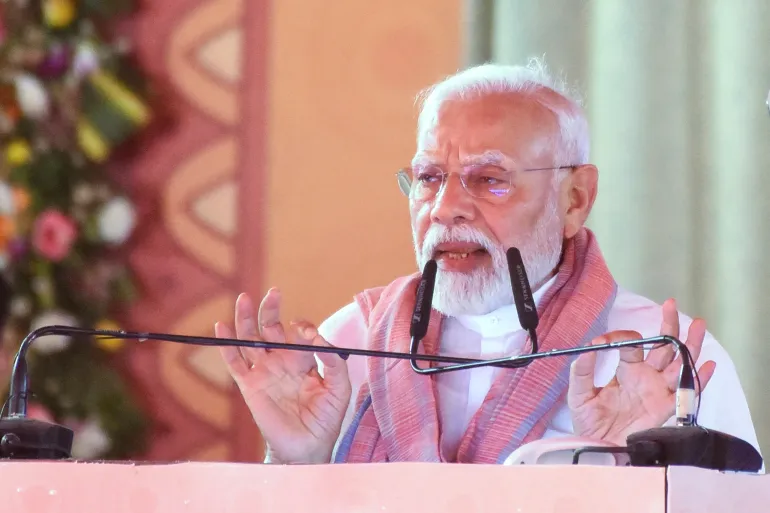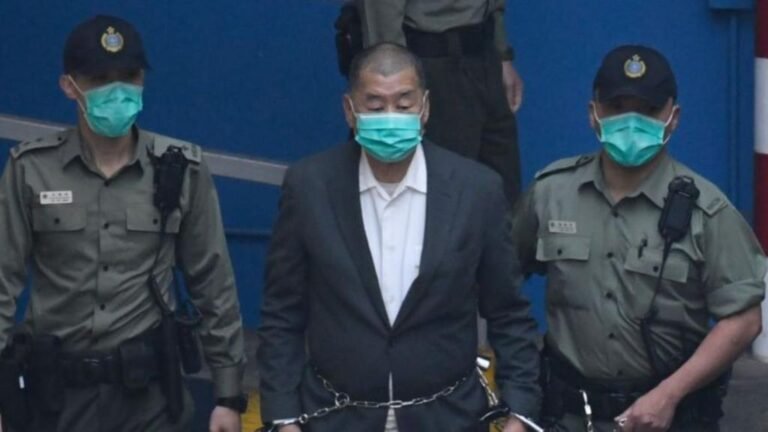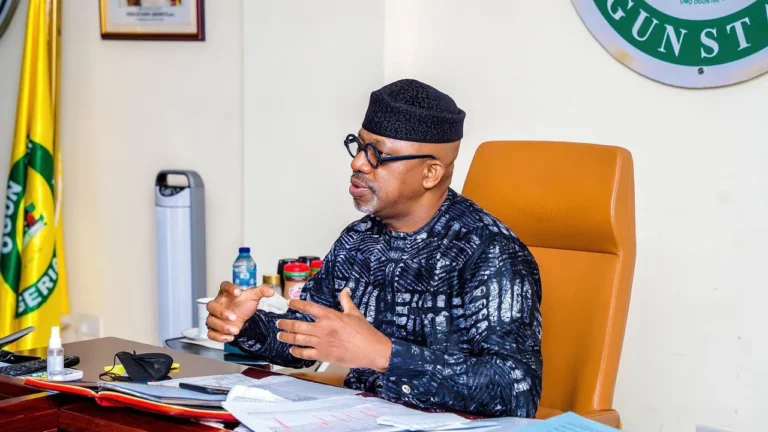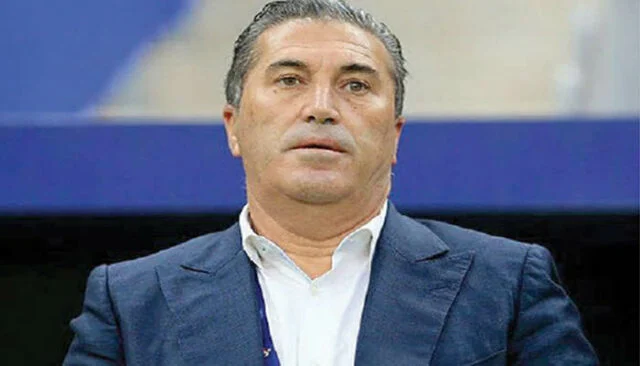
Modi Warns India’s Action Against Pakistan ‘Only Paused’ Amid Fragile Ceasefire
New Delhi, India | May 12, 2025 — Indian Prime Minister Narendra Modi declared on Wednesday that India has merely “paused” its military action against Pakistan, not ended it, following a brief and intense confrontation that raised fears of a nuclear conflict in South Asia.
In his first address since the ceasefire, Modi stated that any future terror attacks against India would be met with retaliation “on our own terms.” The Indian leader emphasized that no distinction would be made between terror groups and governments that allegedly support them.
“We will be monitoring every step of Pakistan. This is not an era of war, but this is not an era of terrorism either,” Modi said.
The speech follows India’s May 6 missile strikes targeting what it called “terrorist infrastructure” in Pakistan and Pakistan-administered Kashmir. Pakistan denied harboring such sites and condemned the strikes.
Ceasefire Holds — For Now
Since the ceasefire agreement, military leaders from both nations have continued talks aimed at maintaining calm. Although the Indian Army reported a “calm night” across the Kashmir border, officials remain wary of another flare-up.
Abdul Basit, a regional analyst, warned that both sides must act carefully to avoid triggering an escalated crisis:
“One miscalculation could quickly move toward nuclear catastrophe.”
Modi Targets Indus Waters Treaty
In a sharp diplomatic escalation, Modi questioned the Indus Waters Treaty, saying:
“Terror and trade cannot go together, water and blood cannot flow together.”
India’s recent unilateral halt of river water flows to Pakistan marks a dramatic shift in a treaty that has survived multiple wars. Pakistan’s Finance Minister called for an immediate rollback of the move, warning of dire agricultural consequences.
Root of Conflict: April 22 Attack
India blames Pakistan for a terrorist attack on April 22 that killed 26 tourists in Pahalgam, located in Indian-administered Kashmir — a charge Islamabad strongly denies. The confrontation that followed left approximately 60 civilians dead on both sides, according to early reports.
President Donald Trump later claimed credit for helping prevent “a nuclear conflict” by brokering the ceasefire during his administration’s involvement.
Both Sides Claim Victory, Civilians Suffer
While the ceasefire remains fragile, military officials in both India and Pakistan claimed success:
- Pakistan: “We re-established deterrence,” said Air Vice Marshal Aurangzeb Ahmed.
- India: “Any threat to our sovereignty will be met with force,” asserted Lt. Gen. Rajiv Ghai.
However, Kashmiri civilians continue to bear the brunt of hostilities. Families caught in the crossfire expressed fear of another outbreak of violence, even as India reopened 32 airports that had been closed due to the conflict.
Uncertain Road Ahead
Despite the ceasefire, both nations remain on high alert, with diplomatic mistrust and military preparedness still defining their posture.
With nuclear arsenals on both sides and deep-rooted political tensions, analysts say the situation could shift quickly if either side feels provoked or if another attack occurs.






